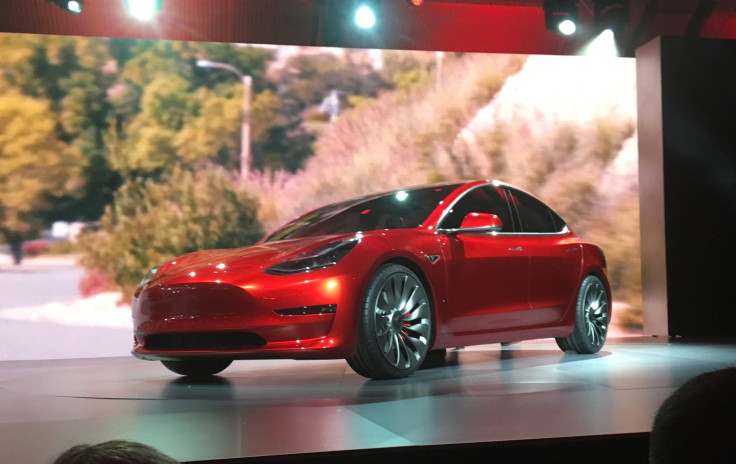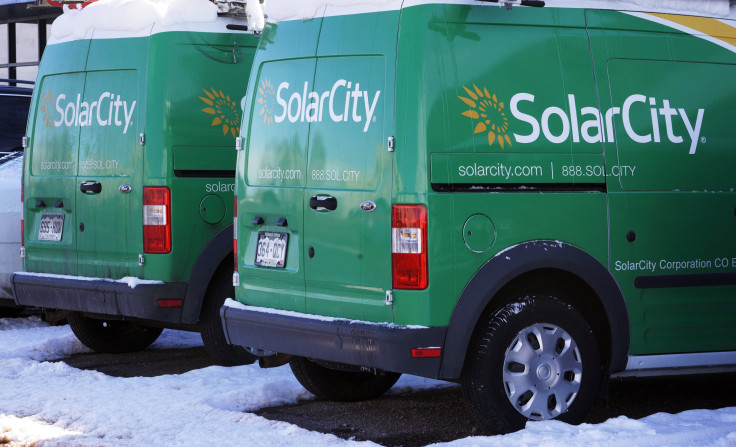Tesla-SolarCity Deal: Did Elon Musk Just Drive His Electric Car Company’s Narrative Into A Ditch?

“Synergy” is a buzzword that’s been tossed a bit since Tesla Motors CEO Elon Musk announced late Tuesday that his electric-car company would make a stock-based bid for SolarCity, worth as much as $2.8 billion.
“We believe that the possibilities for product, service and operational synergies would be substantial,” said a letter from Tesla’s board of directors to Musk’s cousin, SolarCity CEO Lyndon Rive, in extending its offer of a stock swap deal. Under the plan, SolarCity shareholders would get up to 0.131 shares of Tesla for each share of the solar power company.
But so far the market, which has for years lifted Tesla stock at virtually every major announcement, has cringed. Shares in the company plunged more than 10 percent on Wednesday, its biggest single-day drop in nearly three years and its lowest level in nearly four months, to $196.33.
“While on the surface the marriage of a solar company and a carmaker doesn't make a lot of sense, there are probably more ‘synergies’ than are at first apparent,” a Motley Fool columnist wrote Wednesday.
“Tesla and SolarCity have an incredibly synergistic relationship, which is based on their shared lithium-ion battery ambitions,” a Tesla bull wrote on the popular stock-analysis site Seeking Alpha, while Barclays auto analyst Brian Johnson said in a note Wednesday that the deal offers “little in the way of synergies (and) much in the way of cash burn.”

The move could take away from Tesla’s eye-on-the-prize of becoming the world’s greatest electric car company, churning out a half-million units a year by 2020.
Instead, it shifts the narrative away from a focus on automotive toward the assumption that people who want electric cars also want pricey home-storage battery units and a rooftop covered with solar panels – a largely untested assumption outside of a small segment of rich, green-power fanatics in California, which itself offers some of the world’s most generous incentives.
At best the deal dilutes Tesla’s stock for a while until Musk’s vision – in which he claims the combined companies could one day boast a market cap of $1 trillion, more than twice Apple Inc. – is fulfilled some day in the future. At worst: Tesla just upped its future need for more capital, increasing its debt load, and making its eye-on-the-prize goal far more difficult to achieve. Tesla fanatics will predictably swoon at the deal and praise Musk for his vision.
But sophisticated and institutional investors have so far decided this deal could make things more difficult for Tesla while the expected synergies might not be as exciting as Musk believes.
© Copyright IBTimes 2024. All rights reserved.





















